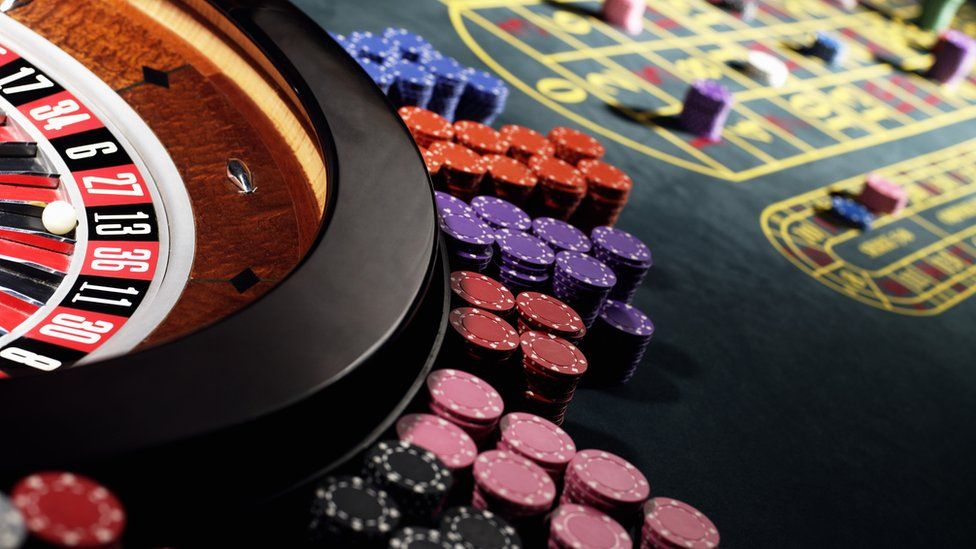When we think of gambling activities, the first images that frequently come to mind are those of spinning roulette wheels, poker tokens clinking on fabric tables, and cubes rolling across a gaming area. While many consider these games as mere hobbies fueled by chance, a deeper exploration reveals a fascinating blend of tactics, skill, and social interaction that raises them well beyond simple luck. Regardless of whether you are a seasoned player or a inquisitive newcomer, understanding the nuances of these games can significantly enhance your enjoyment and understanding.
Casino activities have developed over hundreds of years, with various cultures contributing to their rich histories and variations. From the intricate strategies of blackjack to the bluffing tactics in poker, players engage in a contest of wits as much as a gamble on odds. This exciting interplay between chance and expertise creates a thrilling atmosphere that draws millions to gambling establishments worldwide. As we explore the world of table activities, we will uncover the strategies that can tilt the odds in your favor and the community elements that make these activities a popular choice for leisure and engagement.
A Approach of Table Gaming
Table gaming frequently combine a blend of skill and chance, which makes them fascinating for participants who like a challenge. Each title has its own set of guidelines and tactics that can influence the outcome. For instance, in games like blackjack, participants are obliged to use tactics like counting cards and understanding the odds to make smart decisions. This skill set can significantly improve their winning potential, differentiating seasoned players from beginners who may rely solely on luck.
Conversely, titles such as the roulette may appear to be purely based on chance, but tactical thinking can also play into play. Participants can select between various wagering strategies, such as the Martingale strategy, in which they increase their wagers after a loss. This method can establish a more methodical approach to the game. Understanding the probabilities of specific bets can also help participants make smarter decisions on the table, demonstrating that even games of luck, tactics can enhance the enjoyment.
Furthermore, poker stands out as a game that heavily emphasizes strategy. In contrast to most casino games, the game of poker merges skill, psychology, and chance. Participants must not only focus on the cards they are given but also take into account their opponents actions and betting patterns. Mastering concepts like position, pot odds, and reading bluffs is crucial for success. This depth of strategy in the game of poker often creates to a more engaging encounter for players, where the decisions and skills greatly affect the game’s outcome.
Comprehending Likelihood and Odds
In the domain of gambling matches, likelihood and ratios play a vital role in determining a player’s potential results. Every activity has its own collection of guidelines that dictate how the probability of succeeding or losing is measured. For case, in games like 21, participants have a chance to modify their ratios through planning, whereas in games like roulette, the results are purely dictated by chance. OKE179 Grasping how these probabilities are calculated can greatly impact how a gambler approaches the match.

Odds are typically expressed in two formats: ratio and decimal. Ratio odds show the proportion of the amount won to the sum staked, whereas numeric ratios show the total payout for a winning bet, which includes the initial bet. For example, if a game has ratios of 5 to 1, this means that for every one dollar staked, a player could gain five units if they win. Knowing how to understand these ratios enables gamblers to assess their possible winnings and formulate more wise choices during gameplay.
Gamblers should also be aware of the house edge, which is the casino’s inherent benefit over the players. Each match has a distinct advantage, and understanding this concept is important for controlling one’s hopes and funds. Games with a lower house edge, such as 21 and baccarat, typically offer superior odds for gamblers compared to activities like slot machines and lottery. By understanding the connection between probability, odds, and the casino advantage, gamblers can improve their gaming experience and plan more efficiently.
The Aspect of Table Gaming
Casino games at casinos are often seen as a center of community engagement, drawing participants together in a shared experience that goes far beyond the mere act of gambling. The atmosphere at a poker table can be electric, with players engaging not only with the game itself but also with each other. Laughter, excitement, and, sometimes, playful teasing create connections that enhance the overall experience of the gaming experience. This communal aspect can turn a alone endeavor into a lively gathering, making casino games particularly enticing.
One of the fascinating elements of gaming at tables is the way it cultivates friendship among participants. Whether it’s collaborating to defeat the dealer at a dice table or exchanging tales between hands in a poker game, the environment encourages communication. Participants often share tips or strategies, creating a sense of community that boosts the fun. This social dynamic can make new gamblers feel included and less intimidated by the competitive nature of gaming. As the game progresses, friendships may form, leading to a sense of connection that keeps players returning to the table.
Moreover, the social aspect of table gaming extends beyond just the players. Dealers play a crucial role in encouraging interaction and maintaining the flow of the game. Their ability to engage players with warm dialogue and their expertise in managing the table can create an welcoming atmosphere. This relationship between players and staff adds another layer of enjoyment, where gamblers feel connected not only to one another but also to the staff. Such interactions are often what make the experience unforgettable, as players leave with tales to tell and relationships made, reinforcing the notion that gaming at tables are truly about more than just chance.